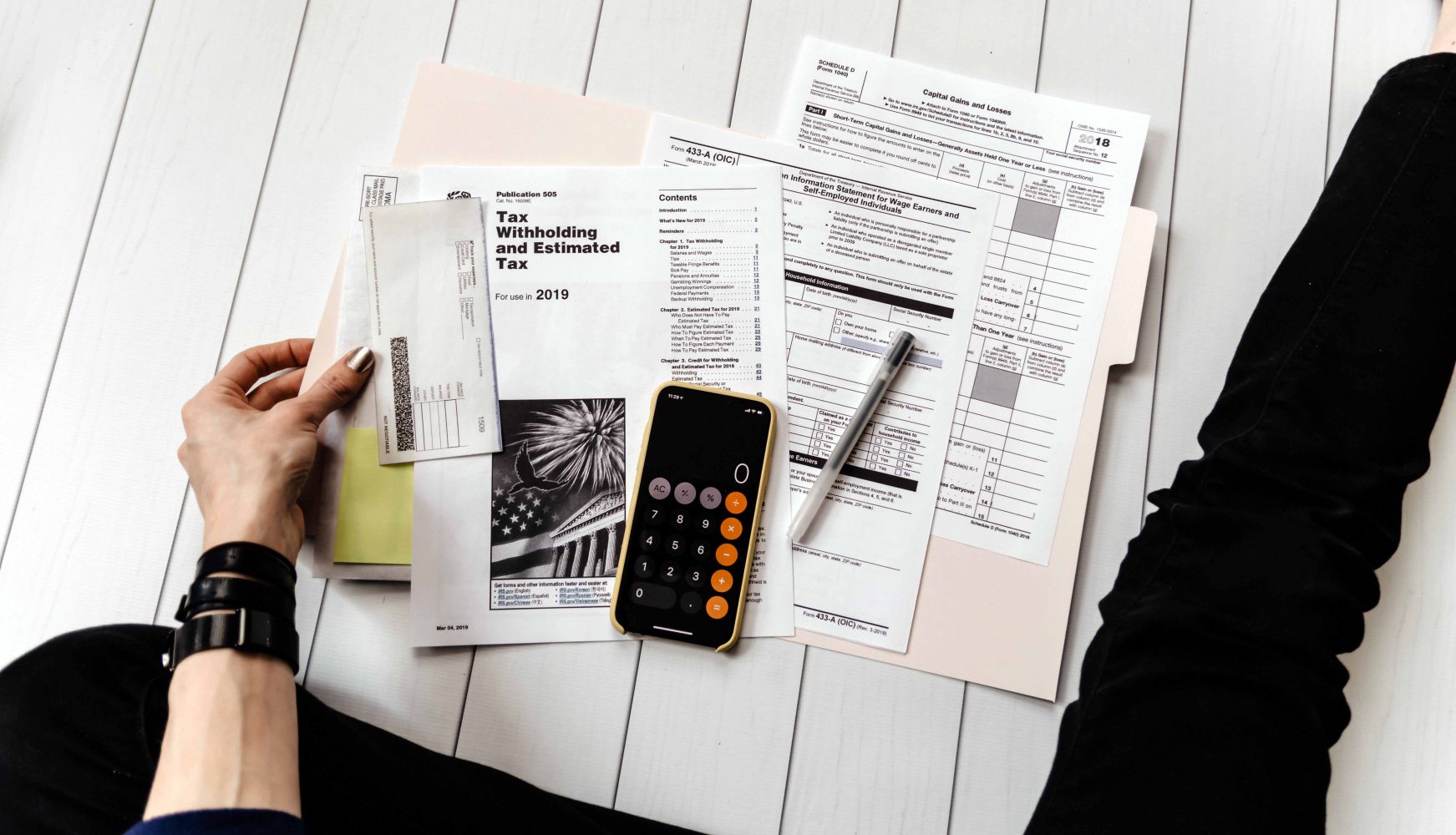
In some circumstances, lenders can offer home loans for self-employed, contractors and business owners by verifying their income via an accountant’s letter.
Why would someone use an accountant’s letter?
If you haven’t done your tax returns for the current financial year or are having trouble providing financial statements such as tax returns or business activity statements that accurately reflect your earnings, then an accountant’s letter may be a good solution.
Some business owners will intentionally reduce their income for tax purposes. Others may have cyclical or fluctuating incomes or multiple income streams which are not always accurately reflected in their financials. At these times you may be able to use an accountant’s letter to verify your income to the lender/funder.
The benefits of an accountant’s letter
Asking your accountant to provide a letter is an option for self-employed, contractors and business owners. Lenders can make an assessment on your income and serviceability without you having to supply extensive documentation – these are call low-doc home loans.
Scenarios where you might use an accountant’s letter include:
- You need to consolidate multiple income streams for serviceability
- Your financials don’t accurately reflect your current or past earnings
- You haven’t done your tax returns for the most recent financial year
- Your business isn’t trading and/or has no liabilities
- You had a large one-off expense or needed to write off bad debt
- You had a change in income e.g. starting a new business
- You started a business working in the same industry as you were working in prior
- There was a change in business structure e.g. wen from being a sole trader to being a business
- There were discretionary trust distributions made for tax purposes
Why does the bank need a letter from your accountant?
The bank needs to verify your income to ensure they are making the correct assessment of your financial position. If you don’t have tax returns and other financials, they can use the confirmation from your accountant who has detailed knowledge of your financial situation.
An accountant’s letter is able to be used to confirm your income, including in particular if you have multiple income streams, which may not be captured accurately via other financial statements.
Who can provide an accountant’s letter?
For an accountant’s letter to be accepted by the lender or funder there are certain details that are required. The letter needs to be provided by a fully qualified accountant who can accurately verify your income and overall financial position.
It will need to be on their letterhead including their ABN, address and phone number, signed by the accountant themselves and may need to be provided with other forms as required by the bank.
There are some other little elements that need to be included such as the date, how long they have worked with you and their understanding of your financial position.
Some accountants are hesitant to provide a letter
Despite the fact that a letter from your accountant is acceptable to many lenders/funders, some accountants are not prepared to provide a letter confirming your situation. The reason for this hesitation is they may be concerned about legal action should you have trouble making repayments or defaulting at a future date. For this reason, you would likely need to have a long-standing relationship in place with an accountant who is very confident of your financial position.
Some accountants may prefer to put a disclaimer at the bottom of their letter instead, essentially accepting no liability should the bank or borrower have an issue in future.
What are my options if my accountant won’t provide a letter?
If your accountant won’t provide a letter then you may need to consider if what you are declaring as income is accurate. You might need to sit down and look at your income and expenses with your accountant and ensure what you are asking them to verify is correct.
They may be comfortable signing a letter with a lower income declared.
Alternatively you could look to provide your BAS as evidence of income which would mean you no longer need an accountant’s letter at all.
Or you might have to bite the bullet and complete your tax return for the year in question.
In some cases, we may be able to provide a combination of an accountant’s letter for this year coupled with an older tax return and/or current BAS – different lenders will accept different combinations of income verification.
Can you afford the loan you want?
At the end of the day, the most important thing is that you can afford the loan you are applying for. As a finance broker it’s our responsibility to ensure your best interests are taken into consideration with recommendations and your accountant will be in a similar position.
If you want to apply for a loan that’s unsuitable or not within your current budget then both your broker and accountant should sit down and explain why and what needs to happen to make it achievable.
In summary, an accountant’s letter can be a great tool for self-employed, contractors or business owners to provide to lenders in lieu of other financial statements. There are some very competitive rates available in the low-doc space with lots of choice in lender across banks, non-banks and private funders.
Get in touch with the Entourage team today to chat further about your options.


